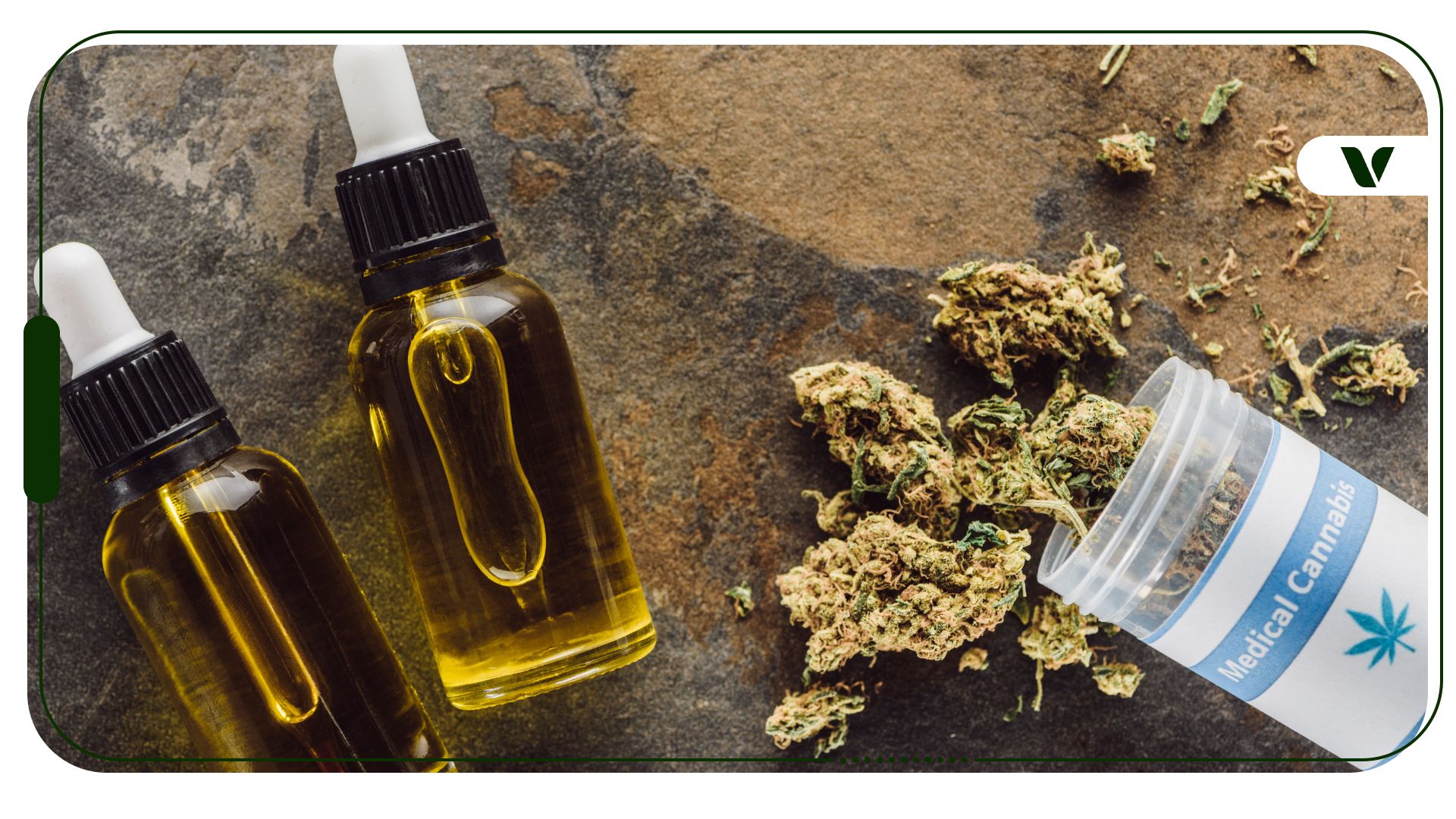Here’s what you missed this week in cannabis and psychedelic news.
Wisconsin Lawmakers Push For Legalization
A pair of Wisconsin lawmakers introduced a bill to legalize recreational cannabis. If passed, adults 21 and up would be allowed to use and possess up to five ounces of cannabis. The bill also provides the framework for a recreational market and support for individuals booked on past cannabis charges.
Senator Melissa Agard and Senate Democratic Leader Darrin B. Madison are the team behind the new bill. The pair believes that addressing the long-standing racial disparities in enforcement practices is crucial. The lawmakers cite a 2018 study from the ACLU as the basis of their mission. The study found that law enforcement is four times more likely to arrest Black Wisconsinites on cannabis-related charges than their white neighbors.
As part of the bill’s social justice goal, individuals with old cannabis charges will have a chance to get rid of them. Wisconsin courts will be in charge of dismissing or expunging these individuals’ misdemeanor charges. Cannabis-related felonies — meanwhile — may potentially be reduced.
The proposed bill also outlines what a recreational market would look like in the state — from production and distribution to sales. A 15% tax will be implemented on wholesale cannabis while retail sales will receive a 10% tax. Medical cannabis sales, meanwhile, will remain tax-free — yet another benefit of having your medical cannabis card. Notably, the bill also calls for the legalization of consumption lounges.
Despite legalization’s overwhelming popularity in the state, the bill’s passing is not a sure thing. Unfortunately, Wisconsin’s Republican-majority legislature has the first say on the bill meaning it is unlikely to pass.
Why You Should Get Your Medical Marijuana Card
Veriheal has satisfied millions of patients nationwide by giving them access to these benefits
- Larger purchase limits
- Peace of mind
- Enhanced legal protection
- Access to higher potency strains
- Save up to 25% on cannabis purchases
- Skip the line at the dispensary
Michigan’s SB449: Psychedelics for Veteran
Michigan’s Senate Bill 449 (SB 449) is looking to legalize psychedelics like mushrooms, DMT, ibogaine, and mescaline. If approved, the bill would decriminalize psychedelics for personal use and noncommercial activities like cultivation, provided there is no monetary exchange involved.
Senator Jeff Irwin, the bill’s sponsor, argued that we must acknowledge the growing research on the potential of psychedelics to help with mental health conditions. Specifically, the Senator emphasized how these substances could help veterans experiencing conditions like PTSD and depression. Along with their medical properties, psychedelics’ low potential for abuse and psychological harm means legalization is just “good public policy” Sen. Irwin says.
SB 449 notably leaves out synthetic substances like MDMA and LSD from legalization. The reasoning is that the bill is more of a conversation starter than a fully-fledged piece of legislation. If the bill proves popular, Sen. Irwin plans to advocate for the addition of synthetic substances in a final version.
Ketamine Therapy For All? Enthea Thinks So
Psychedelic therapy insurance provider Enthea is looking to bring ketamine-assisted therapy to the entire U.S. The company recently joined forces with ketamine-therapy providers Skylight Psychedelics and Innerwell. With this collaboration, a brand new batch of Enthea customers can now access these therapies at a discounted price.
In places like Oregon, getting ketamine therapy without insurance can cost more than $2,000! Even in cheaper states, these treatments can cost an uninsured individual between $400-$800. Enthea is on a mission to make this experience accessible to everyone.
Enthea’s first made waves when it partnered with Dr. Bronner’s last year. Known for its worker-forward policies, the soap maker wanted to make sure its employees had the best mental health care possible. In the year since partnering with Enthea, Dr. Bronner’s has reaped immense benefits with 68% of its employees reporting a reduction in depression symptoms and 86% reporting a reduction in their PTSD symptoms.
Author, Share & Comments








